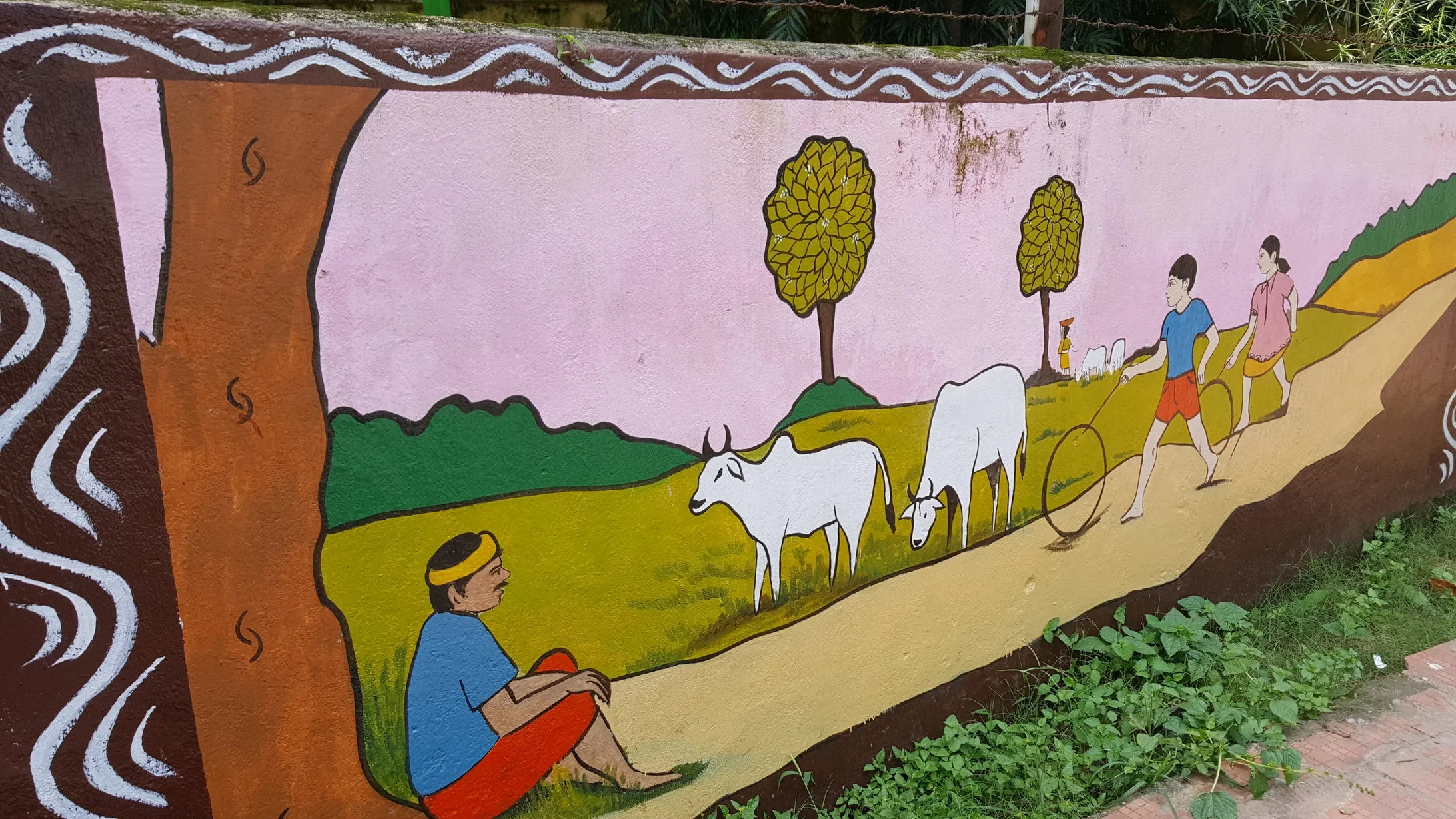Research
My general research interests focus on peace and conflict issues in international relations. More specifically, I focus on questions related to violent, non-violent, and self-violent conflict. This connects me to research across sub-fields of Political Violence, Civil Resistance, and Peace Studies.. As a scholar in a multi-disciplinary International Relations program, I am interested in how international structures or trans-national linkages impact the evolution of conflict within a country. I find inspiration in both constructivist scholarship on ideas, language, and socialization, and also quantitative scholarship looking at the micro-foundations of conflict.
Violent and Non-Violent Tactic Selection
Why do some groups contesting the state wage unarmed resistance while other groups use armed tactics? What explains why some groups, contrary to expectation, maintain nonviolent action even after violent government repression? My research seeks to explain variation in tactic selection between violent and nonviolent action. Recent research in this area tends to focus on the onset of either violent or nonviolent campaigns, without investigating tactic change over time. Conventional explanations for variation over time emphasize that severe government repression is associated with increasingly violent tactics. My focus is on whether group learning - from past conflict history, watching other groups, and training in violent or nonviolent methods - interacts with brokerage across social sites to produce violent and nonviolent variation in the context of weak or strong government repression.
This research uses a mixed-method, sub-national research design to study this question. So far, language and field-work has been funded through the Minerva-United States Institute of Peace, International Center on Nonviolent Conflict, a Critical Language Scholarship from the United States Department of State Bureau of Educational and Cultural Affairs, as well as the School of International Service and American University.
Self-Violent Resistance
Another set of research projects explore self-violent resistance (or self-imposed suffering), such as self-immolation, hunger strikes, or suicide protest, in relation to other forms of conflict tactics (armed conflict, suicide attacks, and non-violent action). This research has included compiling an original dataset of suicide protests to empirically assess the spread of this tactic, and conducting a discourse analysis investigating the constitution of self-violence as a conflict tactic. This second project uses notions of embodiment, materiality, and declarative speech acts to explore the contested constitution of self-violence as a distinct tactic.
This research has been funded partly through the Peace and Violence Research Lab at American University, and published by the Journal of Resistance Studies (published version available here).
Legitimacy and Disobedience in Civil Resistance
My third area of research explores whether a government's deviation from dominant and foundational legitimacy narratives can help explain the occurrence of disobedience and defection among government bureaucracies. This is in contrast to existing explanations for disobedience that tend to focus on perceptions of imminent regime collapse, or an inability of bureaucracy to contract obedience (through payments) or coerce obedience (through monitoring and punishment). One of the papers coming from this research examines the cases of Israel Defense Forces soldier's who selectively refuse to serve in areas or tasks of occupation.
Drafts of the paper were presented at the Judith Reppy Institute for Peace and Conflict Studies, and the Mobilization conference on Social Movements and Protest.
